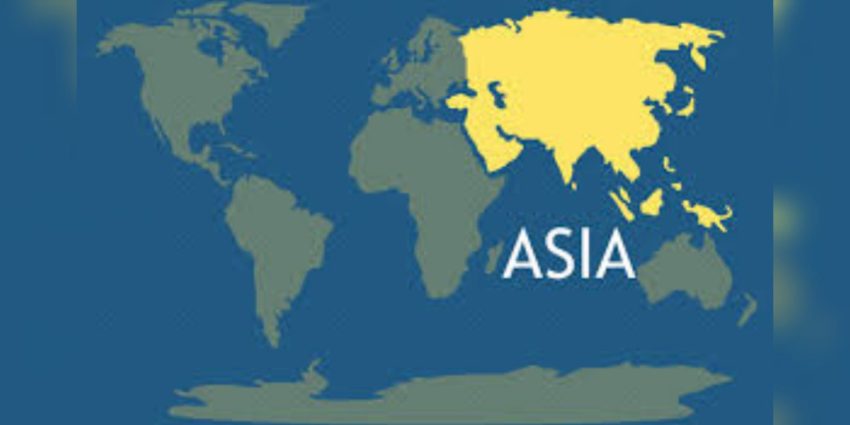The Asian casino industry is at a turning point. With new markets like Japan and Thailand entering the fold, the question arises: will these developments challenge Macau’s long-standing dominance in the region? As competition heats up, will Macau be able to maintain its position at the top, or will these emerging markets shift the balance?
Japan and Thailand: New Casino Contenders
Macau has long been the crown jewel of Asia’s gaming scene, but Japan and Thailand’s recent moves could introduce new dynamics.
Japan: A Slow Start
Japan’s legalisation of casinos in 2016 initially created a wave of excitement, as the country was seen as the final untapped market in Asia. However, progress has been slow, with major operators like Las Vegas Sands and Wynn Resorts pulling out. Currently, only one integrated resort (IR) in Osaka, being developed by MGM and ORIX, is expected to open by 2030. Given this slow pace and the limited scope, Japan’s immediate impact on the regional gaming market remains uncertain.
Thailand: Rapid Progress and Chinese Tourists
In contrast, Thailand is moving swiftly. The Thai government lifted its ban on casinos in early 2024, positioning itself as a new hotspot for gambling and tourism. Thailand, with its rich cultural heritage and world-class tourist destinations like Bangkok and Phuket, is already a leading destination for international travellers, drawing nearly 30 million visitors a year.
One critical factor in Thailand’s favour is its reciprocal visa agreement with China, allowing mainland Chinese tourists to visit without a visa. With Thailand being one of the few countries offering this convenience, it stands to reason that it will be a perfect destination for Chinese tourists. The Chinese have long been known to engage in various sports betting markets, and spending time in casinos is equally appealing to them. The combination of visa-free travel and Thailand’s proximity to China could make it a prime location for mainland Chinese gamblers, providing serious competition to Macau.
Macau’s Resilience Amid Competition
Despite the emergence of new competitors, Macau remains a formidable player. After facing a significant downturn during the Covid-19 pandemic, which saw its gaming revenues drop and Las Vegas briefly reclaim the top spot, Macau has made a strong comeback in 2023, with revenues rising once again.
Macau’s proximity to mainland China, which accounts for 70% of its visitors, gives it a strong competitive advantage. Additionally, the city is diversifying its economy, moving towards a more holistic entertainment model rather than focusing solely on gambling. With these efforts, Macau is likely to maintain its standing as the primary destination for Chinese tourists and high-rollers in the region.
Will Japan and Thailand Overtake Macau?
While Japan and Thailand’s entry into the casino market introduces new competition, neither is likely to topple Macau in the short term. Japan’s slow development and Thailand’s relatively new market will take time to reach maturity. Furthermore, the geographic separation of these markets means they cater to different tourist demographics.
That said, Thailand’s visa-free policy for Chinese tourists positions it to attract a substantial share of mainland Chinese gamblers. However, Macau’s strong infrastructure, established casino industry, and proximity to China ensure that it remains a top choice for many Chinese tourists.
Conclusion: Macau’s Stronghold
In conclusion, while Japan and Thailand’s foray into the casino industry adds new dimensions to Asia’s gaming landscape, Macau’s position is not immediately threatened. With its established market, strategic location near mainland China, and efforts to diversify beyond gambling, Macau will remain a dominant force.














